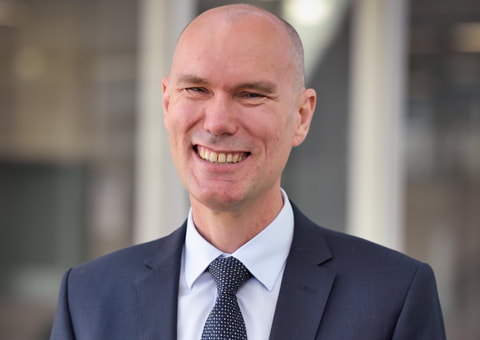Over the past month or so, if you have been reading the newspapers, or at least viewing their websites, you will no doubt have read the multiple articles relating to the census data which has just been released. While the census provides our nation with thousands of data points of potential interest, one particular point has prompted more commentary and opinion than any other – that of the rising number of people choosing the option “no religion”. This number has increased to 39%, up from 17% in 1996.
Statistics are one thing. But what do we make of this change? Stan Grant, writing for the ABC and quoting the German philosopher Friedrich Nietzsche, suggests that “God is dead and we have killed him”. Grant is not anti-religious, but in his article he asks the very Nietzschean question – if God is dead, what comes next? It is a question that Nietzsche answered with great confidence. Without God we are left with nihilism – the belief in nothing except our own wills. Nietzsche calls people to embrace power and strength, to eliminate the weak amongst us and within us, thus forging a better humanity of “supermen”. Nietzsche rejected what he saw as the weakness and pusillanimity of Christian compassion and mercy with its focus on caring for the sick, the elderly and the poor.
Is this what our post-Christian world will look like? Modern advocates for secularism would suggest that a world without religion, without God or any metaphysical architecture at all – in short, the material world alone, is still a place in which we can choose to be ethical and moral. James Valentine, writing for the Sydney Morning Herald, sets out his manifesto for life which advocates tolerance, justice, equality, humility and numerous other virtues that, not so long ago, would have been called “Christian” virtues. In the end, however, he recognises that one can only believe in such virtues by taking a leap of faith – a position that he finds discomfiting as a modern person who believes in the enlightenment fable in which the age of reason has replaced the age of faith. The ethical substrate underlying materialism is, as Nietzsche suggested, nihilism. There is only choice and the exertion of our wills to bend reality to our purposes – which includes our understanding of moral reality. While one can only commend Valentine for his moral and ethical choices, there is every likelihood that other people will choose different ones – ones that might justify the invading of another country, of enslaving a nation, or preferencing one race over another. Ethical and moral choices become preferences rather than principles, analogous to our musical tastes or our approach to interior decorating. Like everything else in our consumerist culture, we choose what to believe from the supermarket of ideas.
Or perhaps not. Statistics do not give us any insight into the question of whether God exists or not, or whether there is a moral framework to the universe that exists separate to our choices. These questions, and related questions about absolute reality, can only be pursued through other means. Throughout history, we have continued to ask these questions and look for answers through philosophical speculation, our experience and engagement in spiritual disciplines of prayer, fasting and meditation. Another possible starting point, however, for answering such questions is through an examination of the life and teaching of Jesus – a Jewish man born in Bethlehem who his followers described as the image of the invisible God (Col 1:15), as the word of God who was with God in the beginning and who is in fact God (John 1:1 – 2), the means through which God has made himself known (Hebrews 1:2). Perhaps the experience of those early Christians is suggestive of God revealing himself through a person who lived, died and rose again over two thousand years ago.
Dr James Pietsch
Principal

